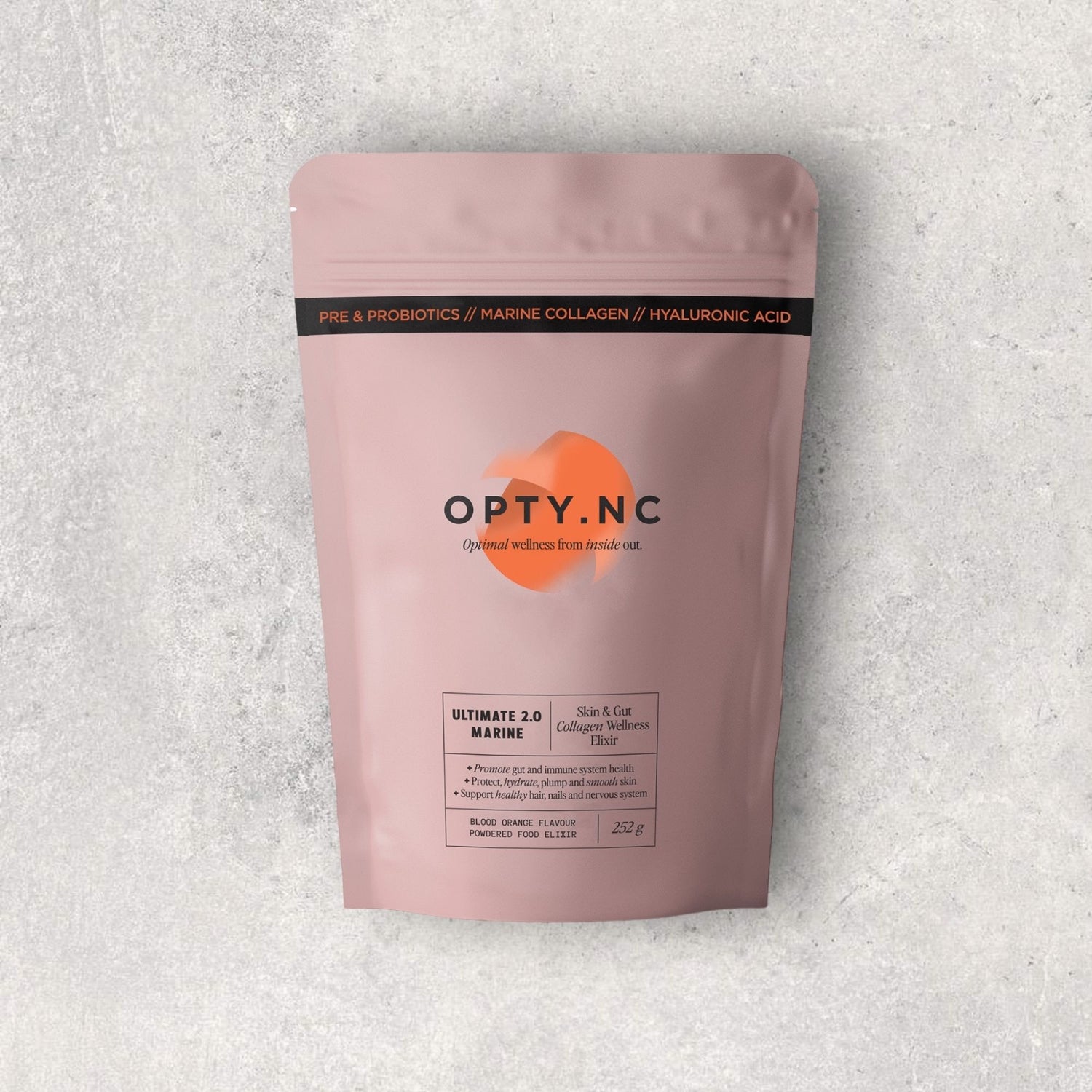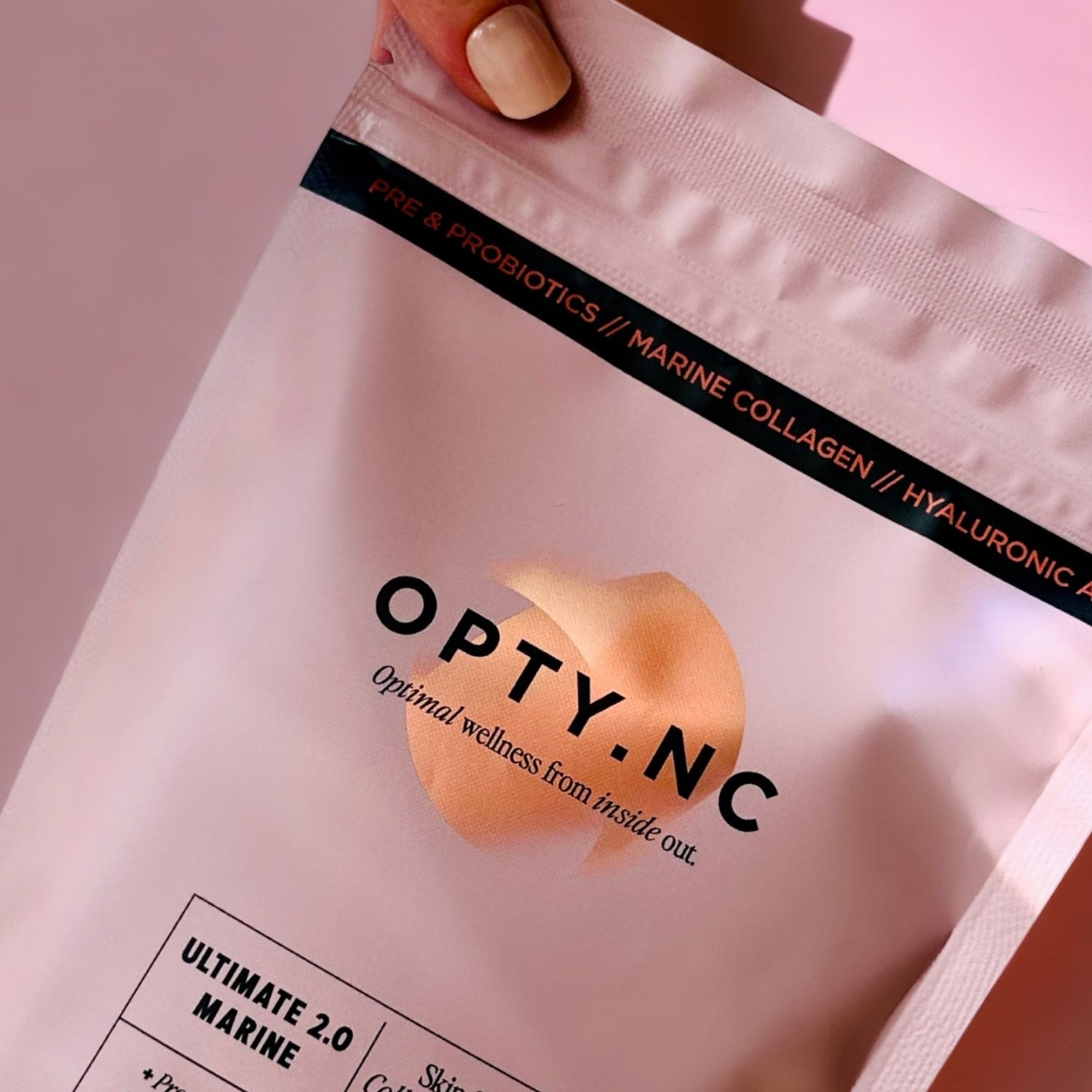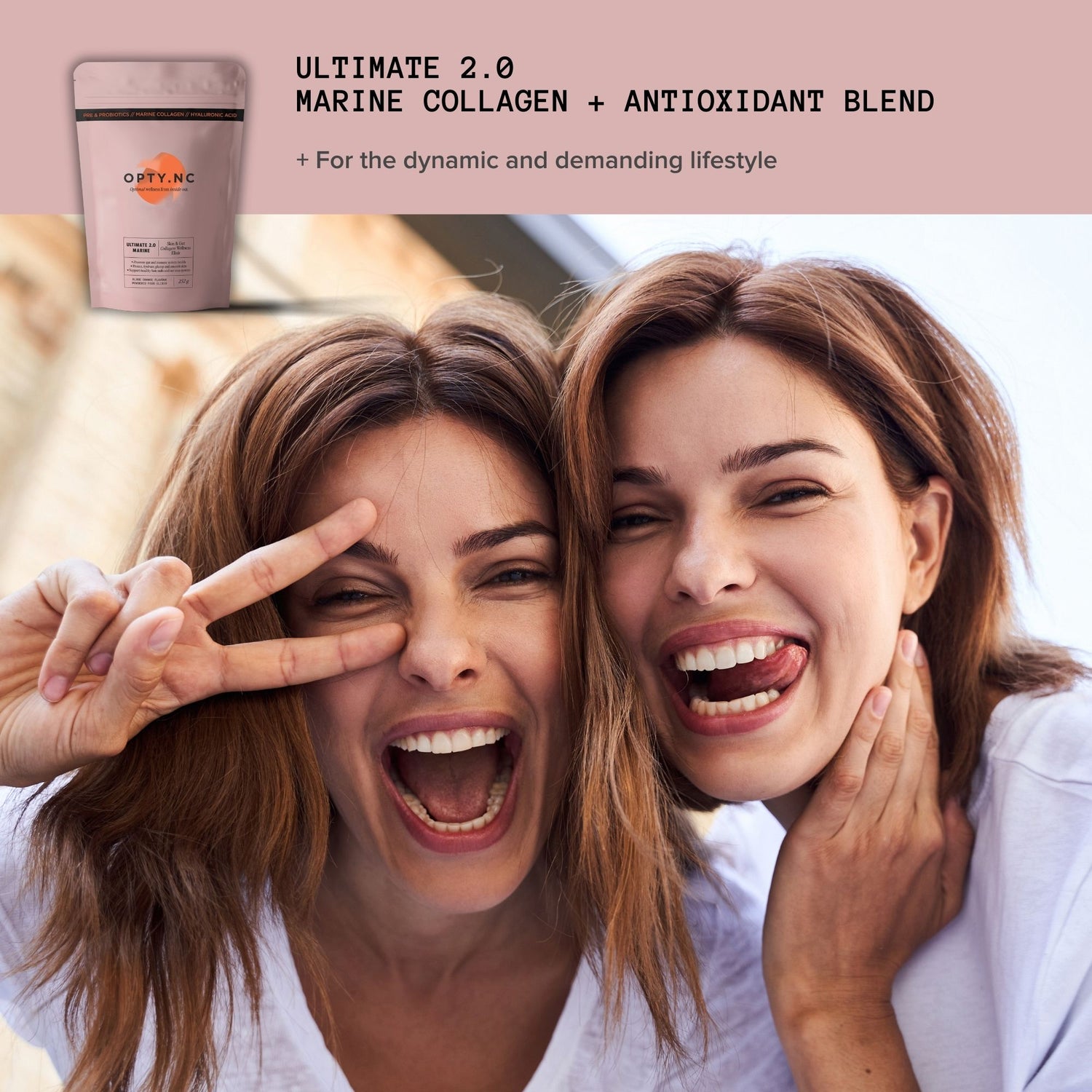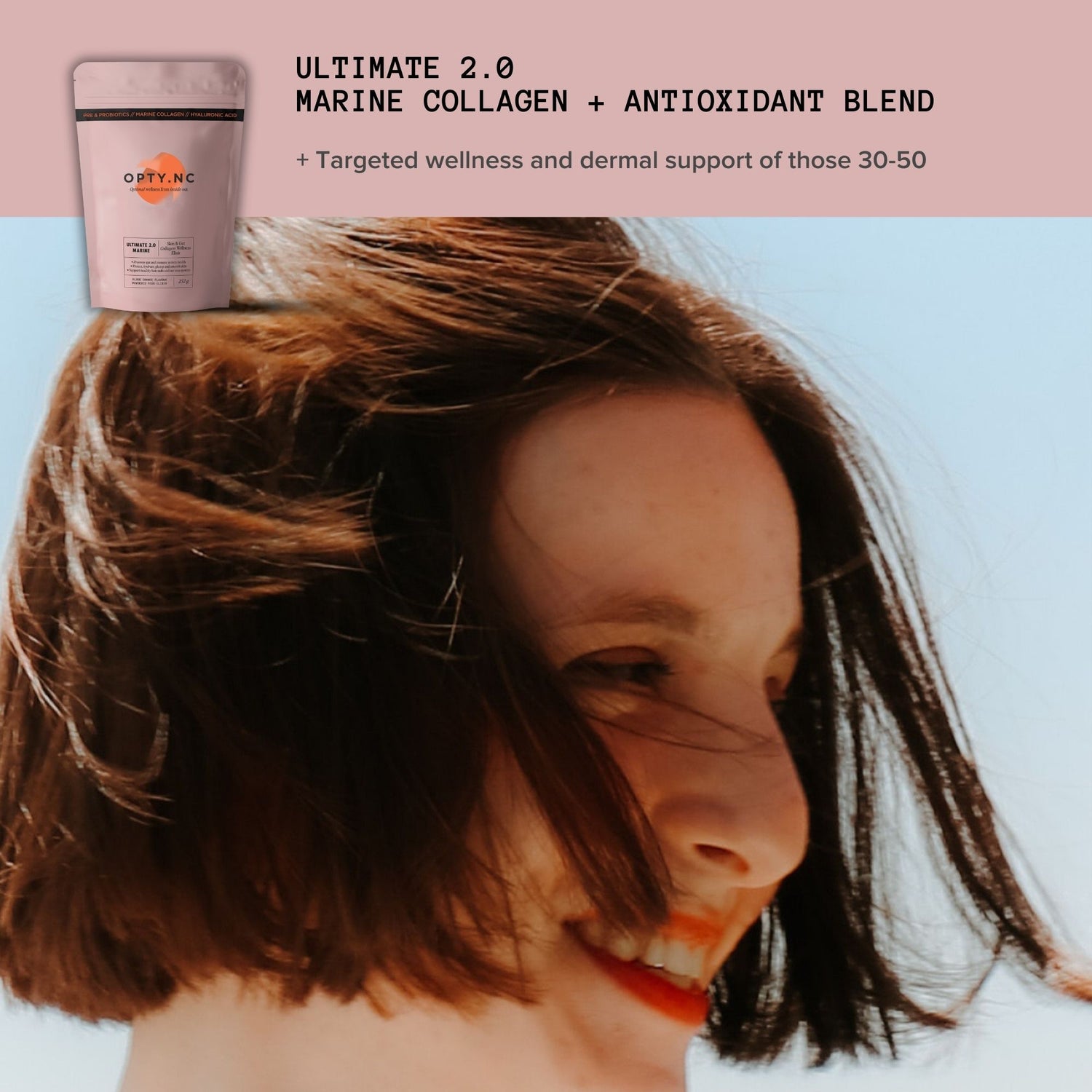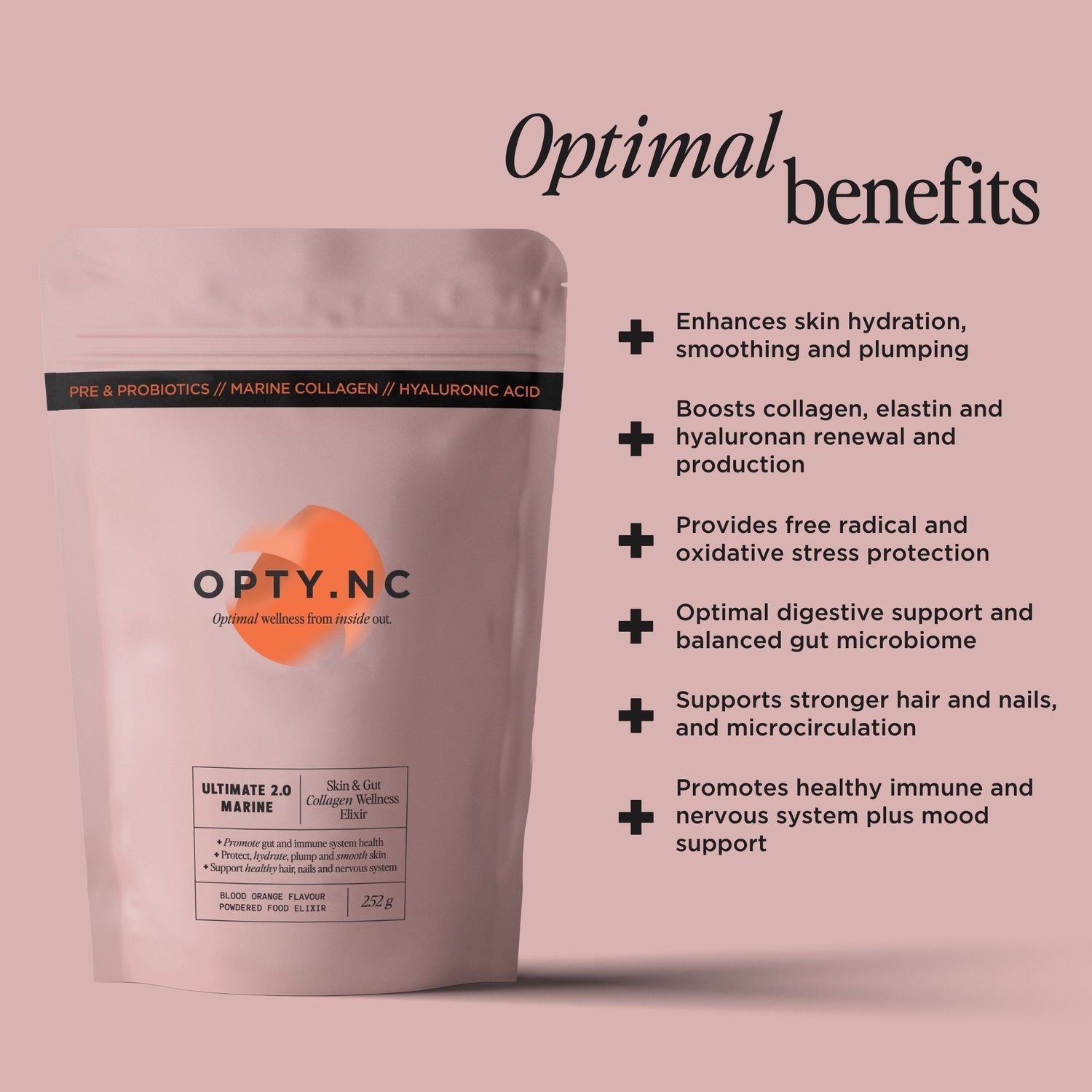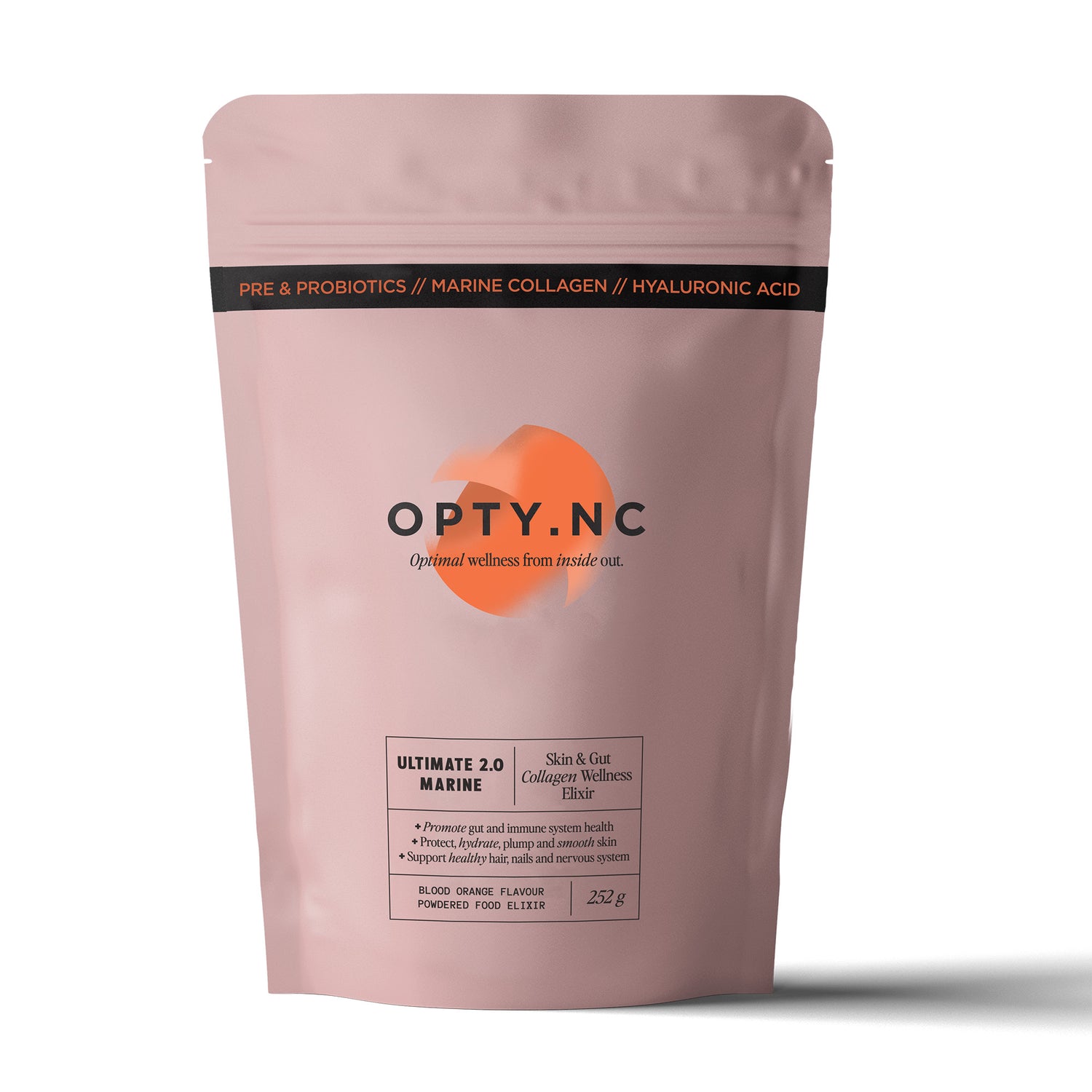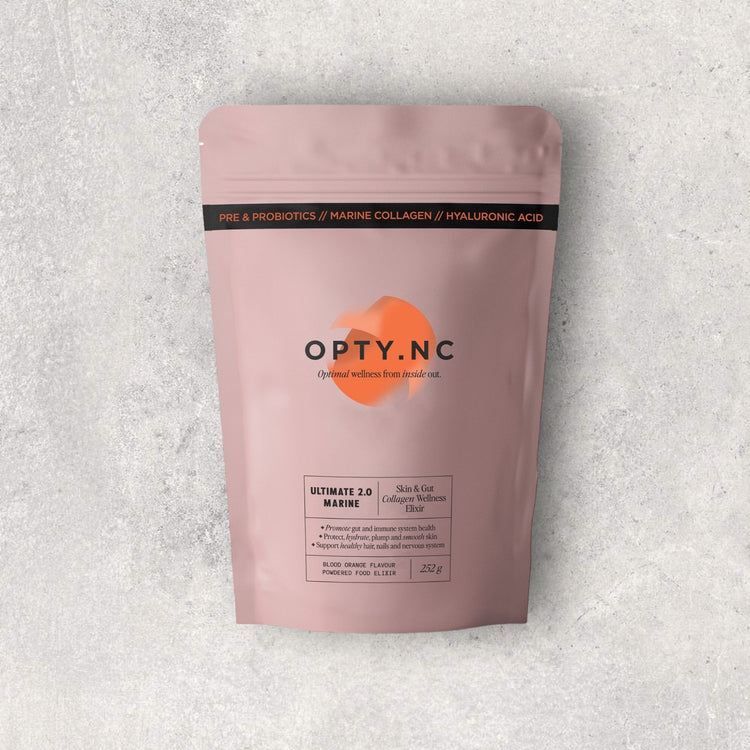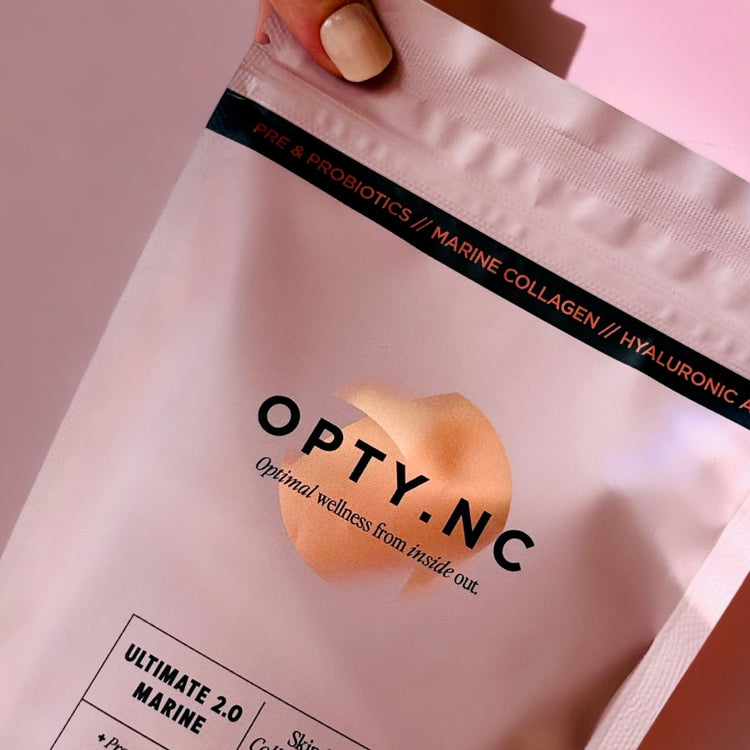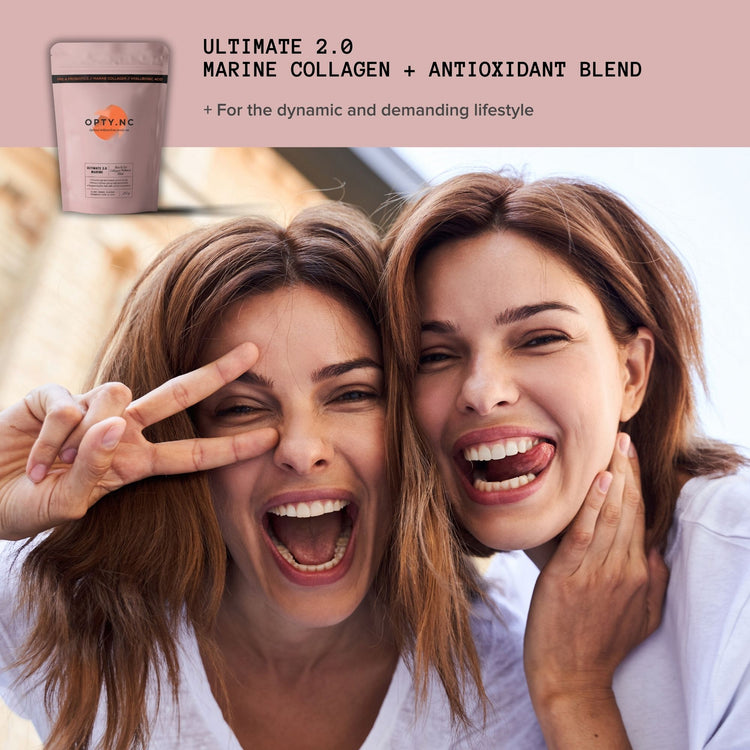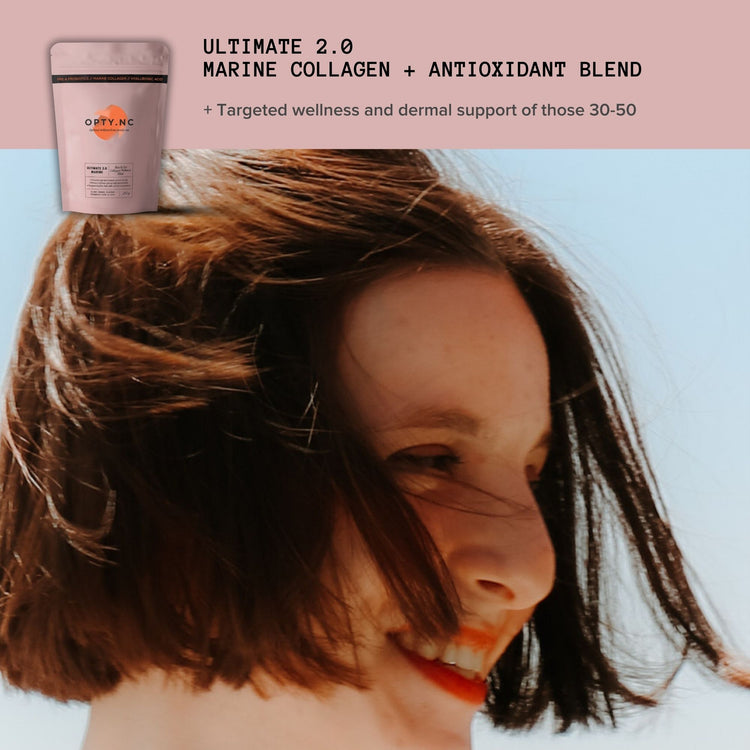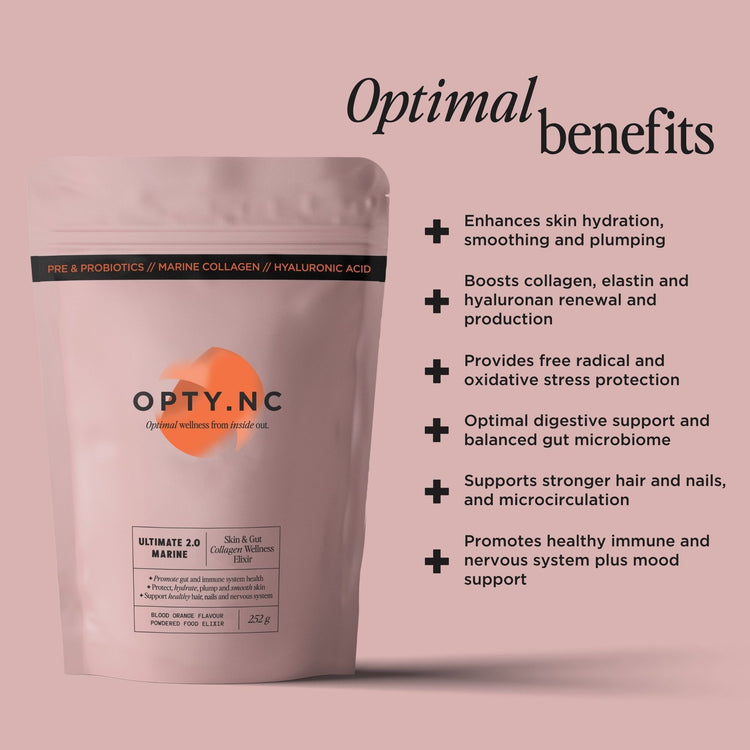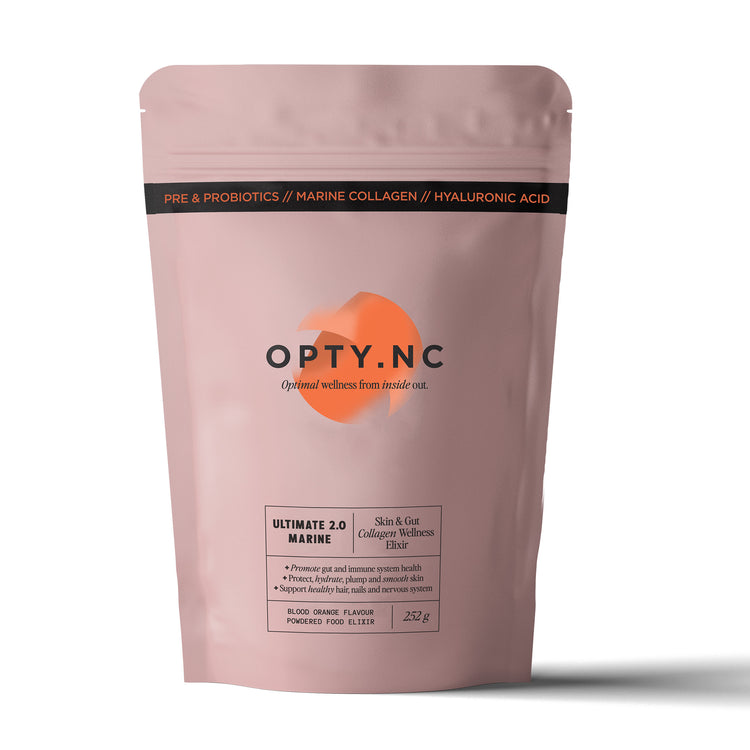Our skin, often referred to as the body's largest organ, is a mirror reflecting our overall well-being. Beyond diet and skincare, one often underestimated factor that significantly influences the condition of our skin is stress. Stress is a multifaceted force that can manifest in various ways, impacting both our internal and external well-being.
When we experience stress our body releases stress hormones, such as cortisol and adrenaline, internally. This release, in turn, can lead to increased heart rate, blood pressure, and energy levels. Furthermore, persistent stress may result in disrupted sleep patterns and insomnia, weakened immunity, and digestive issues. It can also contribute to more severe issues, including anxiety, depression, and elevated blood pressure. These internal stress reactions eventually manifest as external signs.
To effectively manage the consequences of stress on our appearance and maintain healthy skin, it's crucial first to understand its impact and identify the signs indicating stressed-out skin. Externally, we can see the visible effects of stress on the skin, with conditions like acne, psoriasis, eczema, and hives. Additionally, stress can accelerate the aging process, leading to wrinkles, fine lines, and a dull complexion. Additionally, it's important to know which natural ingredients and products can alleviate stress and promote skin vitality.

Unveiling the Stress-Skin Connection
When stress rears its head, it triggers a cascade of physiological responses in our body and sets in motion a complex process that involves hormonal imbalance, immune system dysfunction, inflammation, and psychological factors. Stress activates the body's stress response, leading to the release of cortisol and other stress hormones. Elevated cortisol levels disrupt hormonal balance and weaken the immune system, making it less effective in defending against environmental threats. The body's inflammatory response is activated, and chronic stress can lead to overactive immune responses and skin inflammation, including rashes, blemishes, and even eczema flare-ups.
One of the notable effects is the overproduction of oil by the sebaceous glands, which can exacerbate acne in individuals prone to outbreaks. Here's a closer look at how stress-induced oil production affects acne and how stress can trigger skin conditions like psoriasis and eczema, as well as contribute to premature aging of the skin.
Stress and Acne:
When our body's stress response is stimulated, it can prompt the sebaceous glands to produce more oil. This excess oil, or sebum, can clog pores, creating a welcoming environment for acne-causing bacteria. For those already prone to acne, stress-induced oil production can escalate the frequency and severity of breakouts. This is why some individuals find their skin acting up during particularly stressful periods.


Stress and Skin Conditions:
Beyond acne, stress can exacerbate conditions like eczema and psoriasis. The body's inflammatory response is heightened thus triggering or worsening the symptoms of these skin conditions.
Psoriasis: Psoriasis is an autoimmune condition that leads to the rapid buildup of skin cells. Stress can worsen the symptoms of psoriasis by increasing inflammation and triggering flare-ups. Some individuals with psoriasis report a direct link between stressful events and the worsening of their condition.
Eczema: Eczema, or atopic dermatitis, is a chronic skin condition characterized by red, itchy rashes. Stress can weaken the skin's barrier function, making it more vulnerable to irritants and allergens. This can lead to eczema flare-ups, resulting in increased itching and discomfort.
Stress and Skin Aging:
With a reduced capacity of the skin's natural moisture barrier, the skin becomes dryer and more prone to wrinkles. Stress can also generate oxidative stress, leading to the production of free radicals that damage skin cells and accelerate aging. Over time, this oxidative damage contributes to the loss of skin's youthful appearance. Premature aging is another consequence of chronic stress.
Premature Aging: Stress may lead to collagen breakdown, the protein responsible for maintaining skin elasticity and firmness, and elastin. As collagen and elastin diminish, the skin becomes more susceptible to fine lines, wrinkles, and sagging skin.
Dryness and Sensitivity: Stress can disrupt the skin's barrier function, causing it to lose moisture and become more sensitive to environmental factors.
Skin Redness: Conditions like rosacea, characterized by redness and visible blood vessels on the face, can be aggravated by stress.
Dull Complexion: Stress can lead to poor blood circulation, robbing the skin of its healthy glow and causing a dull complexion.

Managing Stress for Healthy Skin
To combat the adverse effects of stress on the skin, it's crucial to adopt stress-management techniques. These may include meditation, yoga, deep breathing exercises, regular exercise, and maintaining a balanced diet. Additionally, prioritizing a consistent skincare routine and protecting your skin from harsh environmental factors can help preserve its health and youthful appearance.
Understanding the multifaceted relationship between stress and skin can empower individuals to take proactive steps to manage stress and protect their skin from its detrimental effects. Supplements and natural ingredients can also help.
Natural Ingredients for Managing Stress and Boosting Cellular Health
Fortunately, nature provides us with a wealth of ingredients that play a significant role in supporting both stress reduction and skin health. Many of these ingredients have adaptogenic properties, which means they help the body adapt to and cope with stress while also providing various benefits for the skin. Here are some natural ingredients that can help with both stress and skin health:
Ashwagandha: This adaptogenic herb is known for its stress-reducing properties. It can help lower cortisol levels and promote a sense of calm. Additionally, ashwagandha may support skin health by reducing inflammation and oxidative stress.
Rhodiola Rosea: Another powerful adaptogen, Rhodiola, can help the body manage the physical and mental effects of stress. It may improve skin health by reducing inflammation and supporting overall well-being.
Turmeric: Curcumin, the active compound in turmeric, has potent anti-inflammatory and antioxidant properties. It can help reduce skin redness and inflammation caused by stress while promoting overall skin health. This powerful ingredient is incorporated in our Cellular Renew powder and is a great product for depleted skin and overall health.

Green Tea: Green tea is rich in antioxidants like epigallocatechin gallate (EGCG), which can protect the skin from oxidative stress caused by stress and environmental factors.
Chamomile: Known for its calming properties, chamomile can help reduce stress and anxiety. It may also alleviate skin conditions like eczema thanks to its anti-inflammatory effects.
Lavender: Lavender essential oil is often used for its relaxing and stress-reducing effects. Better stress management can lead to improved sleep, essential for skin health.
Probiotics: A healthy gut is closely linked to skin health. Probiotics can support gut balance, which, in turn, can improve skin conditions affected by stress. At OPTY.NC we understand that a balanced gut microbiome is key to skin vitality and why we take a gut-first approach with all of our products. You can find pre, pro and postbiotic incorporated in our entire OPTY range of ingestibles.
Omega-3 Fatty Acids: Found in fatty fish, flaxseeds, and walnuts, omega-3 fatty acids have anti-inflammatory properties that can help manage skin conditions exacerbated by stress, such as eczema and psoriasis.
Vitamin C: This powerful antioxidant helps protect the skin from oxidative stress and may improve skin texture and radiance. Vitamin C is an essential antioxidant, providing the first line of defence from free radicals in cells. To learn more about the health benefits of Vitamin C click here. You can also find this potent vitamin in OPTY.NC powder elixirs as well as our ingestible serums.

Hyaluronic Acid: Known for its skin-hydrating properties, hyaluronic acid can help keep the skin moist and supple, even during stressful times. Found in OPTY.NC Collagen Powder Elixirs.
Vitamin E: As an antioxidant, vitamin E can help protect the skin from oxidative stress-related damage. It may also support skin health by promoting collagen production. Incorporated in our Ultimate 2.0 Marine and Vegan to support healthy sebum production and protect skin.
Aloe Vera: Aloe vera has anti-inflammatory and soothing properties, making it helpful in calming irritated skin, which can result from stress-induced conditions. Incorporated in the form of aloe inner leaf gel in both Ultimate 2.0 Marine and Vegan this amazing ingredient helps to improve nutrient absorption, skin elasticity and procollagen production.
Ginseng: Another adaptogenic herb, ginseng, can help the body adapt to stress and may contribute to improved skin health due to its antioxidant and anti-aging properties.
When considering incorporating these natural ingredients into your routine for stress and skin health, it's essential to consult with a healthcare professional or dermatologist, especially if you have specific skin conditions or sensitivities. Additionally, always choose high-quality products and a balanced diet to support overall well-being.

Stress is a part of life, and it affects various aspects of our bodies, including our skin. By managing stress and incorporating natural ingredients and supplements into your routine, you can improve not only your skin appearance but also your overall well-being. So, take a deep breath, de-stress, and let your inner glow shine through.





